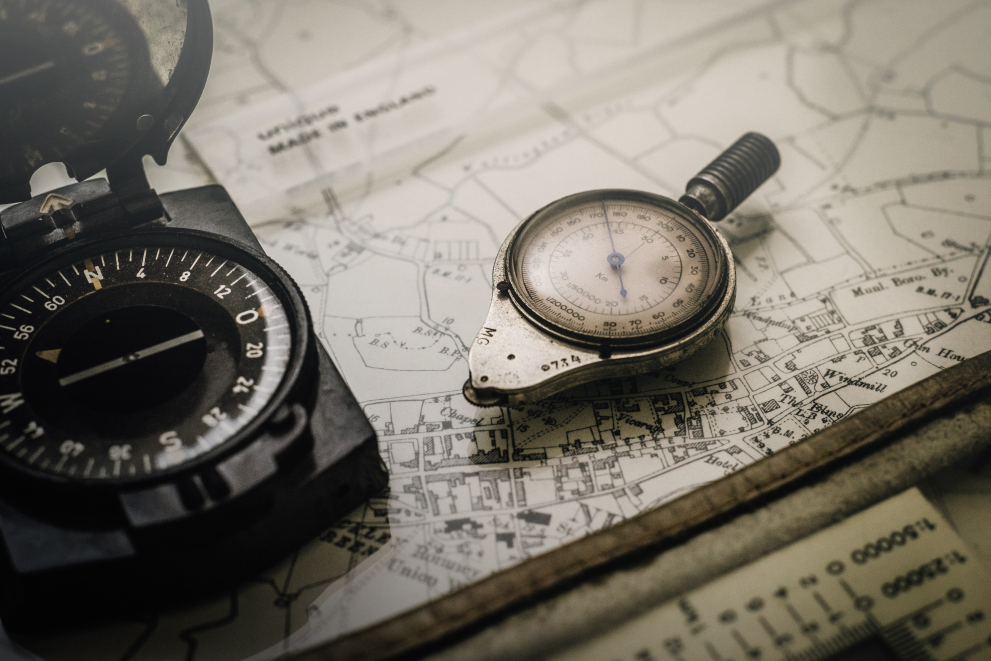Documentation of the skills acquired through volunteering (September 2022)
Documenting the skills and competences acquired through non-formal and informal learning greatly contributes to young people’s personal development. On one hand, it can facilitate (re)engagement in education: in those systems where a validation framework exists, skills documentation is an essential step towards obtaining credits for accessing further qualifications. On the other hand, documentation reinforces the employability of young job seekers by giving evidence to the competences gained outside of formal education.
The 2012 Council Recommendation on the validation of non-formal and informal learning calls upon EU Member States to develop procedures for skills documentation in validation frameworks. Documentation can be accomplished by means of both European instruments (such as Europass documents and Youthpass certificates) and national ones. Further than that, the EU Youth Strategy 2019-2027 establishes that youth volunteering is an important area of non-formal and informal learning.
The map shows that in the majority of European countries volunteering is considered as one of the fields of non-formal and informal learning for which skills documentation is possible. In these countries, the skills and competences acquired by young volunteers can be documented by means of passports, cards, record books or awards issued by the organisations where they conduct their volunteering experience.
In some systems, the possibility to have skills documented is open to all volunteers, irrespective of the type of organisation or programme. In others, this possibility exists only for certain types of volunteers, for example voluntary youth leaders in Belgium, volunteers participating in national schemes in Italy, international volunteers in Sweden.
In countries where volunteering experience is not included in the system of documentation (or where such system does not exist), organisations can still decide to provide certificates describing the skills gained by volunteers. In Finland, for example, many organisations offer documents detailing the activities conducted by volunteers and the competences they develop. In Slovakia, self-assessment tools are available to all volunteers to record their experiences and achievements.

